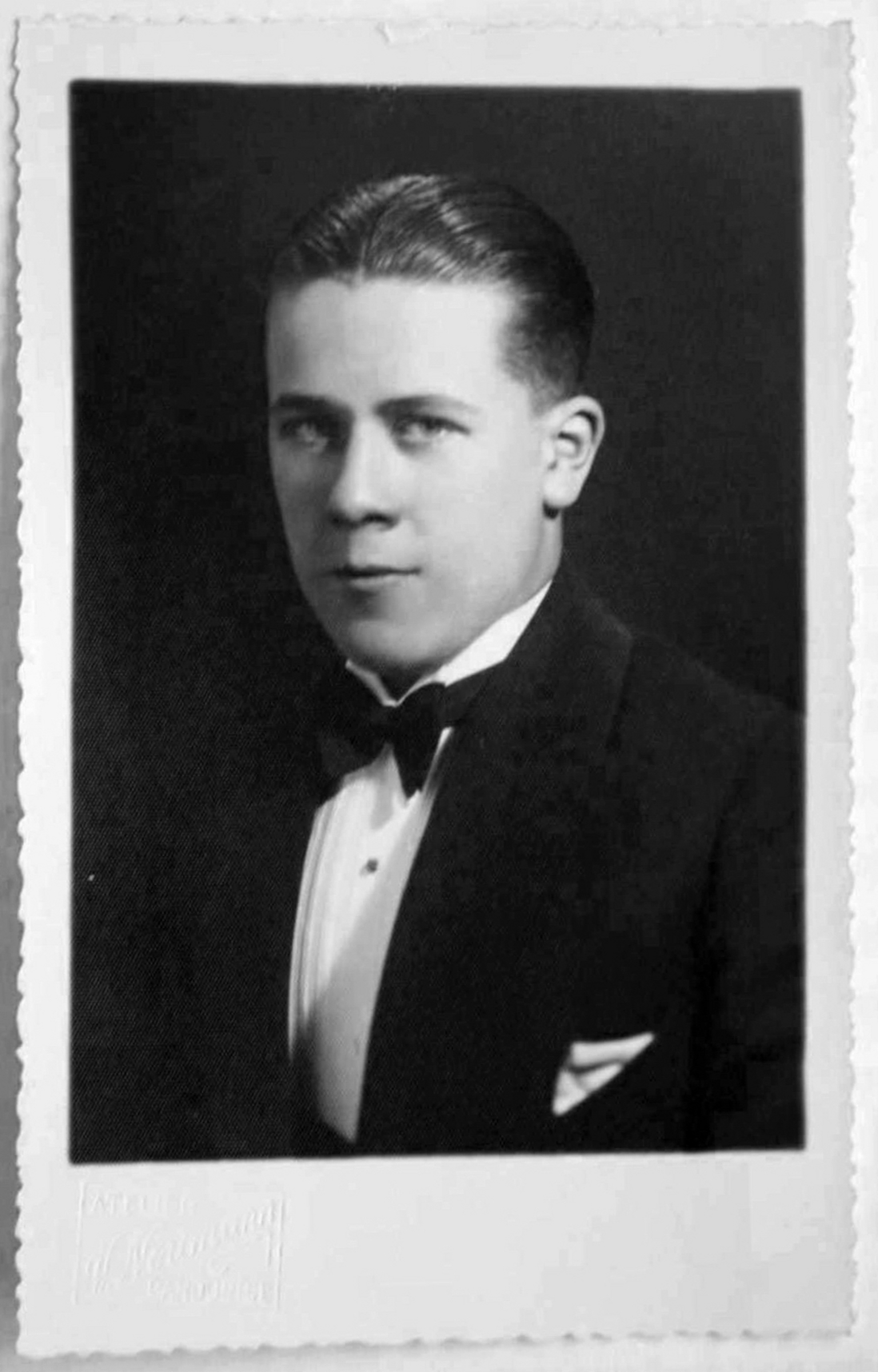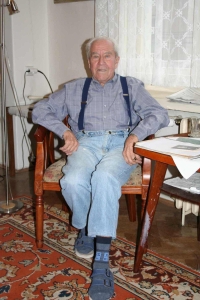History keeps repeating itself and humankind has never learned from anything...
Miloslav (Míťa) Čeřenský was born on October 18, 1918 in v Pardubice where he’s spent almost his entire life. He graduated from a business school. His father was a typographer, his mother a seamstress working at home. During the German occupation of Czechoslovakia, his father established contact with the paratrooper Valčík in the Veselka hotel. Miloslav joined the resistance movement through his father and functioned as an intermediary or informer. After the assassination of Heydrich in 1942, His father was one of the first to be executed in Pardubice.The execution took place on June 4, 1942 in Zámeček. Miloslav (Míťa) didn’t escape arrest and after a trial he was sent to the concentration camp Mauthausen. There he first worked in the stone pit and then as a typist. He spent the rest of the war in the camp. He returned to Pardubice on May 21, 1945. After the war he returned to the East Bohemian Union of the Electricians. In the fifties he worked as a tinsmith as part of the initiative “77 thousand into production” and then he became a keeper of a recreational chalet in Desná and Luční bouda. He also supervised skiing lifts. He retired in 1980.


